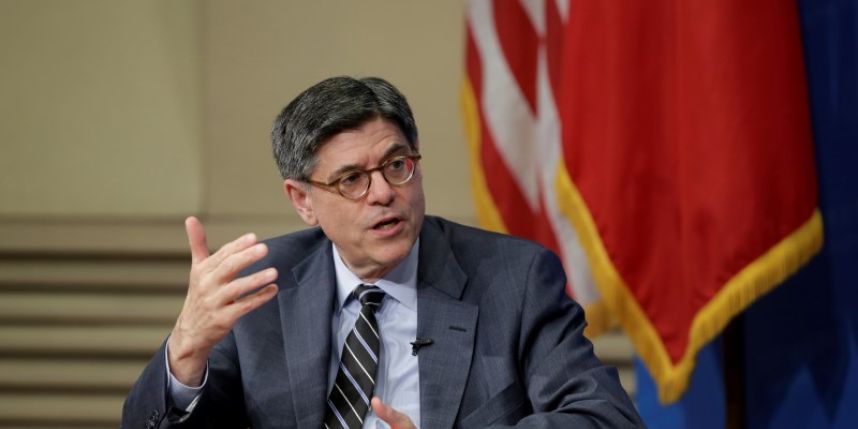The Supreme Court on Friday blocked restrictions affecting doctors in Louisiana that could have forced all but one of the state's abortion clinics to close.
But an appeals court last week allowed the law to move forward, sending local clinics into crisis mode, since many of their doctors had trouble obtaining the required admitting privileges or were still in the process of obtaining them.
The justices heard oral argument Wednesday in a challenge to the Texas law, which also requires abortion clinics to meet the same building standards as outpatient surgical centers.
Texas's Attorney General Ken Paxton commented, "The advancement of the abortion industry's bottom line shouldn't take precedent over women's health". It simply says the court made the ruling consistent with what it already did in the Texas case - blocking the restrictions until the court makes a ruling on whether they're constitutional. This actually was a discussion point in Wednesday's Supreme Court hearing. Doctors can perform those procedures safely in a doctor's office, without the need for a fully equipped surgical center, they said.
And so it was Thursday, when Florida's House of Representatives passed a wide-ranging anti-abortion bill, a day after the U.S. Supreme Court took up a similarly restrictive bill from Texas.
Opponents have argued that the regulations impose an "undue burden" on women, making it more hard for them to seek out an abortion while doing little to make the procedure safer.
"Because my reading indicated that medical abortions are up nationwide, but down significantly in Texas", he said, adding that "this may not be medically wise". "We remain confident that we will prevail on the merits", Landry said.
The March 2 case, Whole Woman's Health v. Hellerstedt, had been filed previously as Whole Woman's Health v. Cole, but the name was changed because John Hellerstedt was appointed commissioner of the Texas Department of State Health Services Jan. 1.
Adam Scott: In the bag
Dating to the Japan Open last fall, he has finished out of the top 10 only twice in his last nine tournaments. Garcia was philosophical. "He played better than me, at the end of the day, " said the Spaniard.
The Supreme Court is considering an nearly identical case in Texas with national implications.
Kennedy's qualm isn't obvious, but it appears to signal that he's concerned Texas's law is limiting women's access to abortions early in their pregnancies.
With the death of Scalia, one of the most conservative voices on the court, the justices are split evenly between four who tend to be liberal and four who tend to be conservative.
Kathaleen Pittman, spokeswoman for Hope Medical Group for Women in Shreveport, said abortion clinics in Shreveport and New Orleans were the only ones operating at the time of the Supreme Court decision Friday afternoon.
It was the first time the court had ever agreed that doctors could not use a specific abortion method and the first time the justices ratified a restriction that did not include an exception for the health of a woman.
"There's absolutely no testimony... that there is a medical benefit to having a medication abortion at a multimillion-dollar surgical facility", Toti responds.
Though supporters of the Texas law insist the state's strict medical regulations were meant to promote health and safety, Justice Sonia Sotomayor argued they would actually hurt women.
Phoenix native Risa Isard confessed that she was not all that familiar with the case, but she believes strongly in abortion rights. The votes of the other justices, however, were not disclosed. During the session, Justice Anthony Kennedy showed an openness to striking down the controversial and restrictive Texas anti-abortion law, however he seemed concerned with a "unique procedural issue" related to the case.
